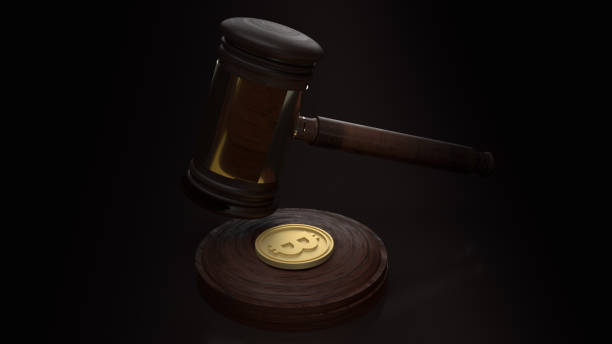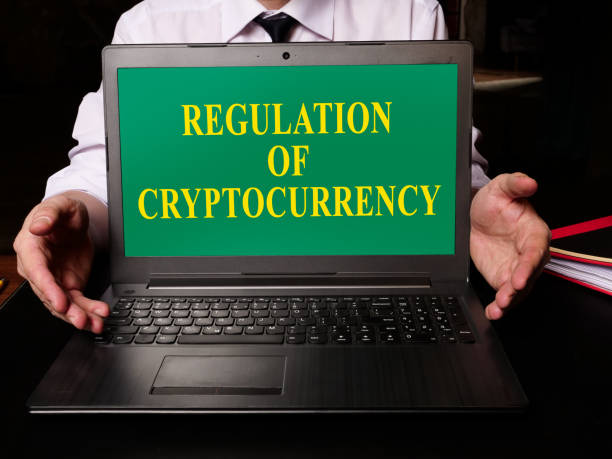Crypto firms will require a license and customer safeguards to issue and sell digital tokens in the European Union (EU) under some groundbreaking new rules agreed by the bloc aiming to tame a volatile ‘Wild West’ market.
Globally, the crypto assets are majorly unregulated, with the national operators in the EU area just needing to show some controls for fighting money laundering.
The representatives from the European Parliament and EU states unveiled a deal on June 30 on its Markets in Crypto-assets (MiCA) law.
One German center-right legislator who led negotiations, Stefan Berger, stated:
“Today we put an order in the Wild West of crypto assets and set clear rules for a harmonized market. The recent fall in the value of digital currencies shows us how highly risky and speculative they are and that it is fundamental to act.”
Cryptocurrency markets have tumbled in 2022 as investors worry about increasing interest rates, resulting in the collapse of the terraUSD stablecoin and the suspension of withdrawals and transfers by major crypto companies Voyager Digital and Celsius Network.
Bitcoin has lost nearly 70% of its value since its November 2021 all-time highs of $69,000 pulling down the entire market.
EU Is Protecting Consumers
The landmark law now confirms the European Union’s role as a pace-setter for digital issues. EU states commented:
“Crypto-asset service providers will have to respect strong requirements to protect consumers’ wallets and become liable in case they lose investors’ crypto-assets.”
This new law will require formal rubberstamping by the EU states and European Parliament to become law, followed by a significant implementation period.
It offers the crypto assets issuers and providers of related services a ‘passport’ to serve clients across the European Union from a centralized base.
Stablecoins holders will be given a claim at any time and freely by the issuer, with all stablecoins supervised by the bloc’s banking authority/regulator.
Secretary-general of the Blockchain for Europe lobby group that comprises major exchanges Crypto.com and Binance, Robert Kopitsch, said that the rules were ‘a mixed bag’ adding the group was worried “that stablecoins will have no ways to be profitable.”
Nevertheless, Coinbase Global Inc said in a bloc on July 1 that the extensive new infrastructure was “exciting,” offering regulatory certainty to the market and raising industry standards.
“A harmonized single set of rules for the entire EU will enable us to invest, accelerate, and scale our growth efforts across the entire bloc.”
AFME, a financial markets sector body, stated that the rules would help mitigate fragmentation and underpin the development of a massive and well-functioning market.
But, more clarity is necessary to guarantee that the custodians of crypto assets are on the hook in cases of misconduct or negligence, and not for any other events beyond their control, like a nation-state hack, according to AFME.
NFT Compromise
Most states have long opposed the inclusion of nonfungible tokens (NFTs), digital assets representing objects from art to videos. But under pressure from the EU legislators, June 30’s compromise predicts that NFTs will be excluded “except if they fall under existing crypto-asset categories”.
Brussels will assess in 18 months whether standalone rules are required for NFTs. National regulators will be responsible for the licensing of crypto companies and will have to keep the EU’s securities watchdog ESMA well-informed about big operators.
Buy Bitcoin NowESMA will create standards for crypto firms to reveal information about their environmental and climate footprint. The US and Britain, two major crypto hubs, are yet to approve any similar rules. Circle, the firm behind the major USD Coin (USDC) stablecoin referred to the rules as a ‘significant milestone.’
It wrote in a blog:
“While no comprehensive body of rules is perfect … it nonetheless provides practical solutions to issues that other jurisdictions are just beginning to grapple with.”










